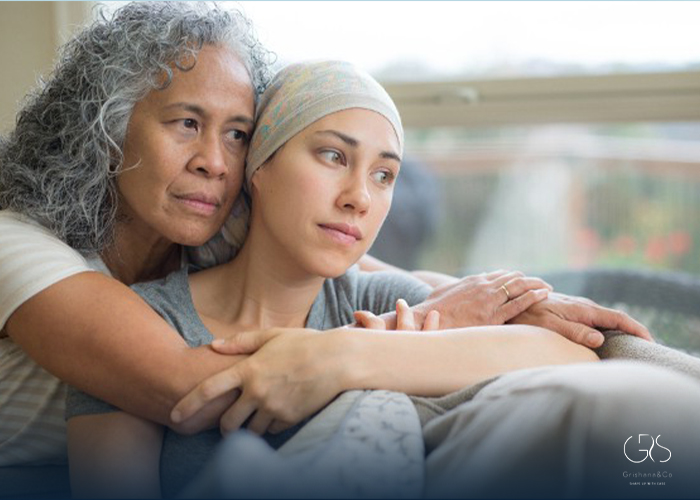Colon cancer, also known as colorectal cancer, is a concerning health issue that affects both older adults and, increasingly, younger individuals. While the risk of developing colon cancer is generally higher in the older population, recent studies have shown a significant rise in cases among younger people. Recognizing the red flags of colon cancer is essential for early detection and timely treatment.
The Rising Incidence among Younger Individuals
Traditionally, colon cancer has been considered a disease that primarily affects individuals over the age of 50. However, a worrisome trend has emerged in recent years, with a visible increase in colon cancer cases among younger adults. According to the American Cancer Society, the incidence of colon cancer in individuals younger than 50 has been rising by approximately 2% per year. This alarming rise in cases calls for increased awareness and preventive measures among younger individuals.

Know the Red Flags
While colon cancer often goes unnoticed in its early stages, being aware of certain red flags can help in its identification. It is crucial to pay attention to the following symptoms:
1. Changes in Bowel Habits:
Persistent alterations in bowel movements, such as prolonged constipation or diarrhea, should not be ignored. Any unconventional occurrence such as narrow stools or changes in frequency warrants attention.
2. Blood in the Stool:
The presence of blood in the stool or rectal bleeding may indicate significant issues within the colon. Blood can either be visible or unseen (occult blood), so even if you don’t see it, notifying a healthcare professional is essential.
3. Abdominal Pain and Cramping:
Persistent abdominal pain, cramps, and discomfort should not be disregarded. While these symptoms may have various causes, they can also be indicative of colon cancer.

4. Unexplained Weight Loss:
Unintentional weight loss unrelated to diet or exercise could be a sign of an underlying health condition, including colon cancer. If you experience significant weight loss without any apparent reason, it is crucial to discuss it with a healthcare provider.

Diverse Perspectives on Colon Cancer
Recognizing that colon cancer can affect individuals of all ages is important. We should not only focus on the older population when discussing preventive measures and early detection. By acknowledging and understanding the rising incidence of colon cancer among younger individuals, we can work towards improving awareness and early intervention for everyone.
Seeking Medical Attention
If you or someone you know experiences any of the aforementioned symptoms, it is crucial to seek medical attention promptly. While these symptoms do not necessarily indicate colon cancer, they may indicate other health issues that should be addressed. Consulting a healthcare professional and discussing your concerns is essential for accurate diagnosis and timely treatment.
Conclusion
Colon cancer is no longer just an older person’s disease. The increasing incidence among younger individuals calls for heightened awareness and proactive measures. By recognizing and understanding the red flags of colon cancer, younger individuals can play an active role in their own health management. Remember, early detection can significantly improve the chances of successful treatment and long-term survival.
Sources
- American Cancer Society, Statistics for Colorectal Cancer





